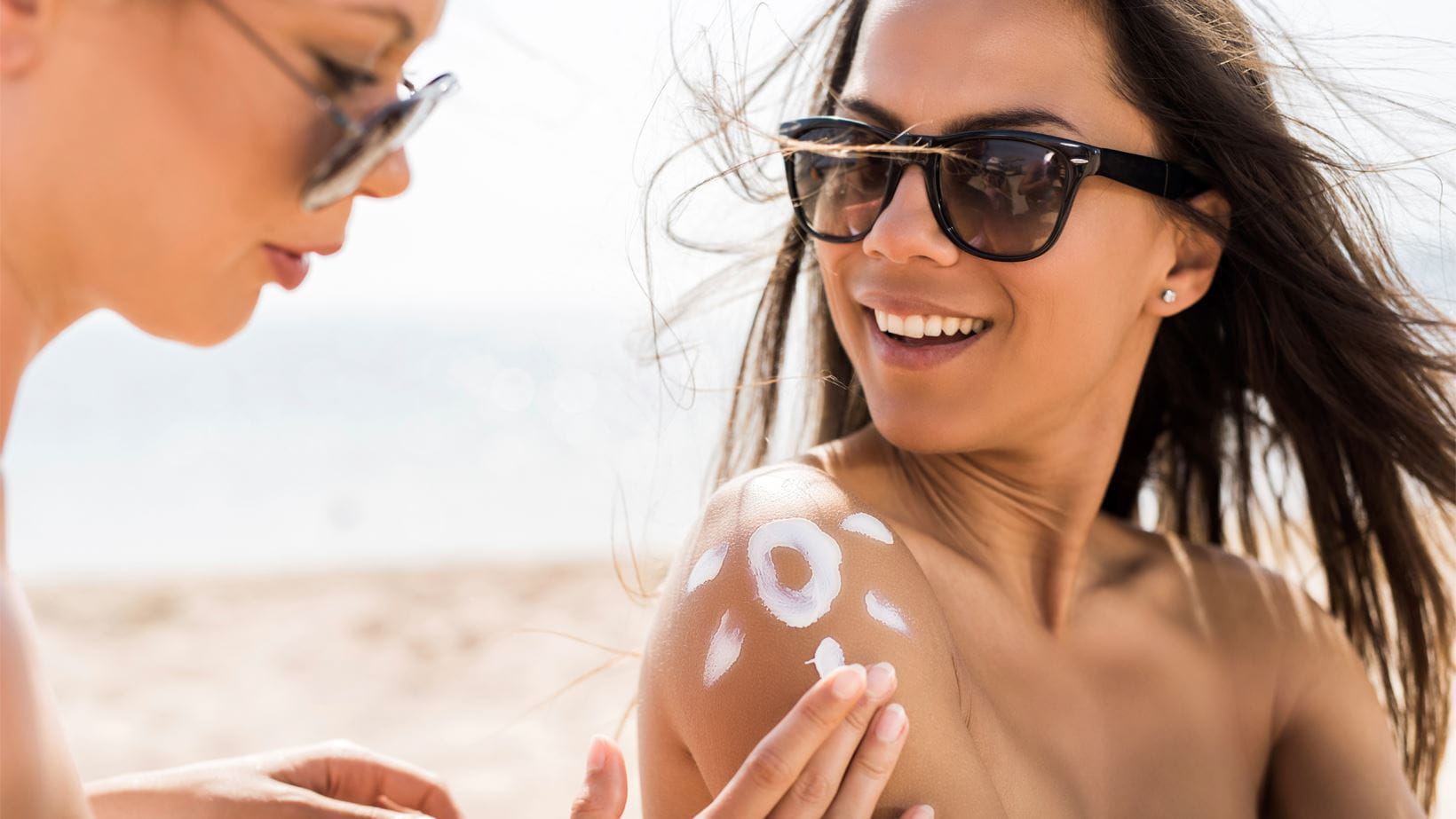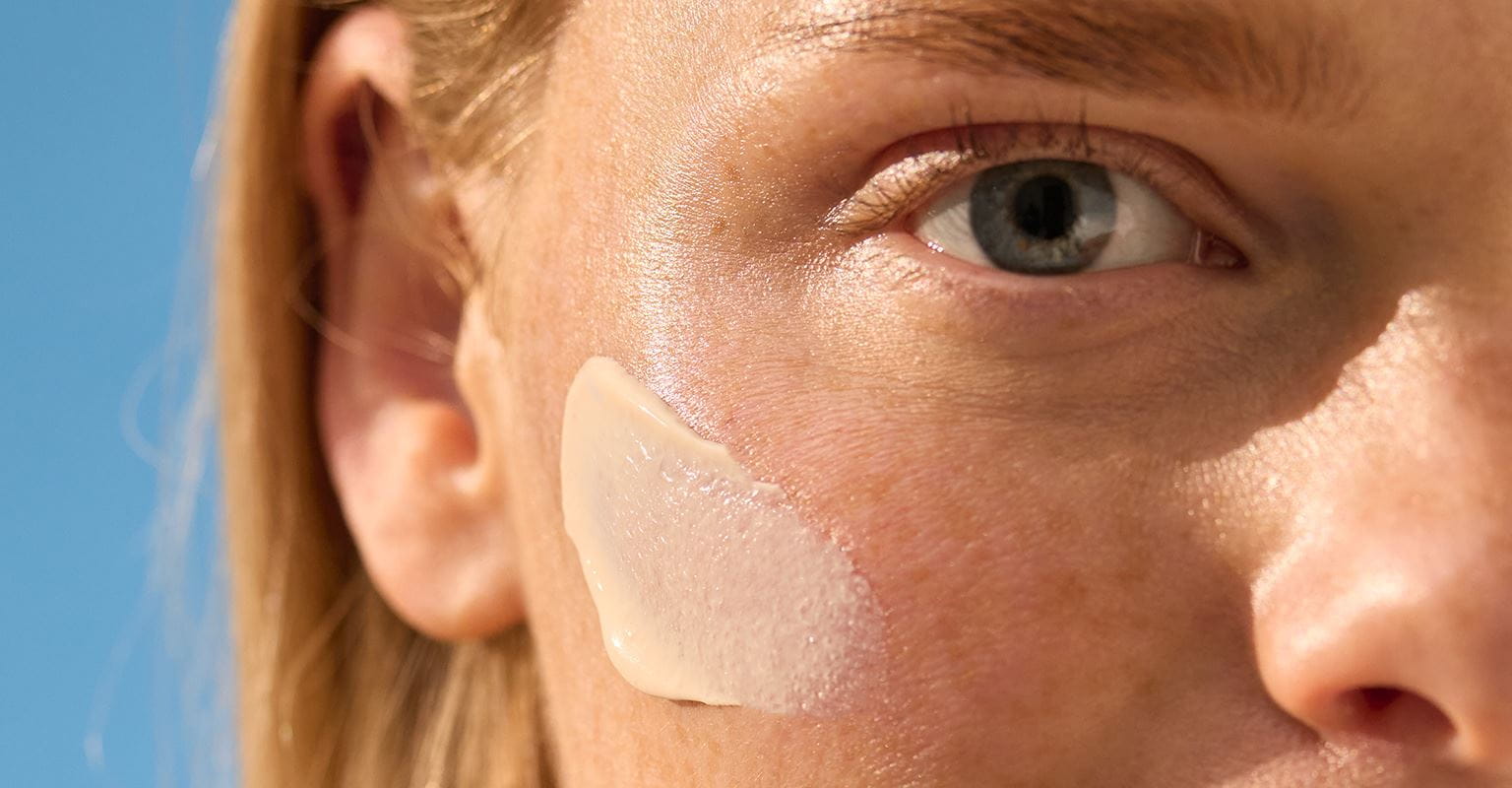HOW TO APPLY SUNSCREEN ON YOUR OWN BACK?
The easiest answer here is to have someone else apply it for you - but, we know this isn’t always possible. So, what do you do in this situation?
Unfortunately, there’s no easy way to do this yourself with a traditional sunscreen, but here are two potential solutions:
- Using a flannel or cloth, wrap it around a long spoon (or if you’re at the beach, a small shovel!), dab the sunscreen on the fabric and then rub the sunscreen over your back. Of course, if you don’t happen to have a long spoon or small shovel, there’s another way…
- Pull out a metre or so of cling film and apply five or more dollops of sunscreen in the middle. Lift the cling film and apply it to your back as if you’re drying yourself with a towel, making sure to rub the film where possible to ensure even coverage.
Now, we’re under no illusion that you’ll have a long spoon or cling film to hand, especially if you’re at the beach. So there has to be an easier solution, right?
Well, NIVEA offers a range of mist spray sunscreens that are designed with ease in mind. Unlike traditional sun creams, these mist sprays don’t require rubbing since the spray is fine enough to absorb by itself, so all you really need is a reflective surface to judge your coverage.
The NIVEA SUN Protect & Dry Touch Refreshing Mist SPF 50 is an ideal choice since it’s 100% transparent, refreshing, and water resistant. Although we’d recommend that you apply it again after getting wet, just to be safe.







